International Care Ministries
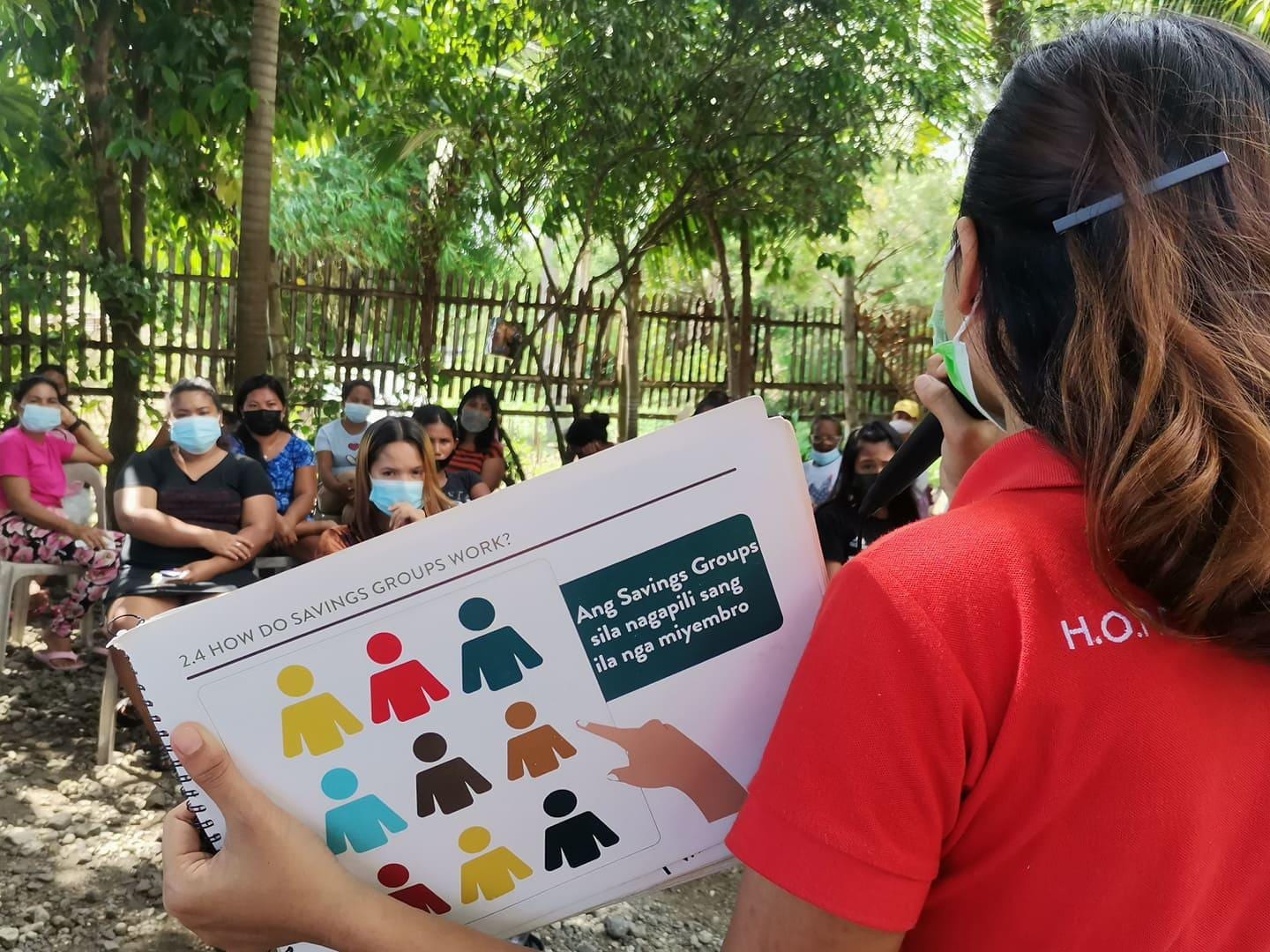
Location
Philippines
Sector
Economic inclusion and poverty relief
Type of Investment
Grant
Project Stage
Scale
Length of Investment
2020 - 2025
Website
Investment Overview
International Care Ministries (ICM) supports people living in ultra-poverty in the Philippines through the multifaceted Transform programme. GIF investment is supporting ICM to test variations to Transform with the goal of optimising the cost effectiveness of the programme for delivery at scale.
The Development Challenge
The Philippines is home to 7 million people living in ultra-poverty, defined as living on less than 50 US cents a day, who face a range of challenges which require multifaceted interventions which reflect the complex nature of ultra-poverty. Graduation programmes are one solution which combines financial literacy and inclusion, business development training, asset transfers, health and education components. These programmes have a strong and growing evidence base, but have proved challenging to scale given the need to finance asset transfer component and the intensity of the intervention, which is typically delivered over several months in a community setting.
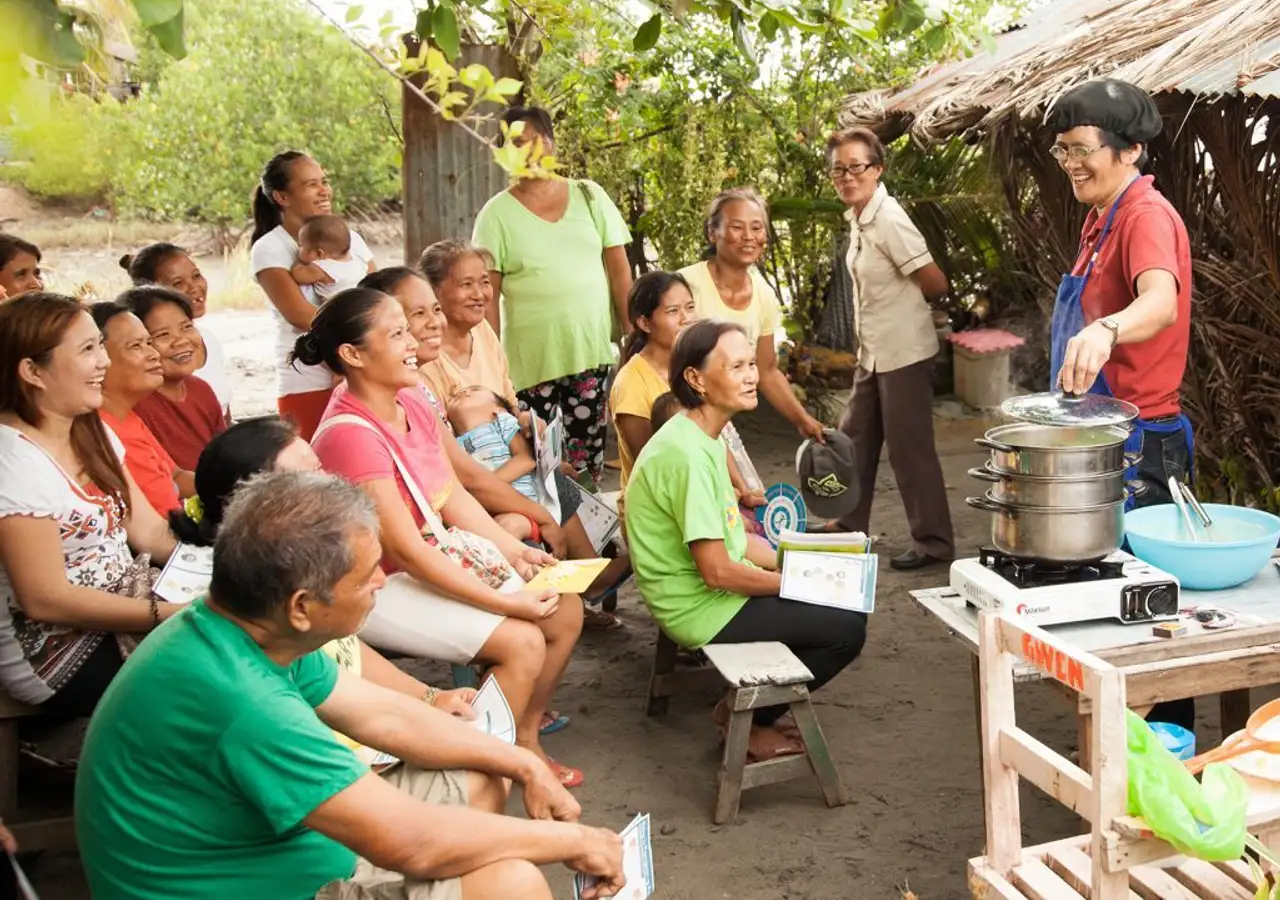
The Innovation
International Care Ministries (ICM) uses a different approach to the standard graduation models deployed globally. They leverage a large network of pastors and the pastors' social capital in villages to deliver a "light-touch" version of graduation, called Transform, to last-mile locations. Transform focuses on providing training and mentoring services, without any explicit large asset transfer or basic income support, resulting in a fully loaded cost of approximately $12 per family member. ICM attributes this efficiency to its leveraging of the local infrastructure of deeply embedded faith communities. Prior to GIF investment, ICM had graduated over 250,000 families from its four-month Transform programme, impacting 1.3 million people.
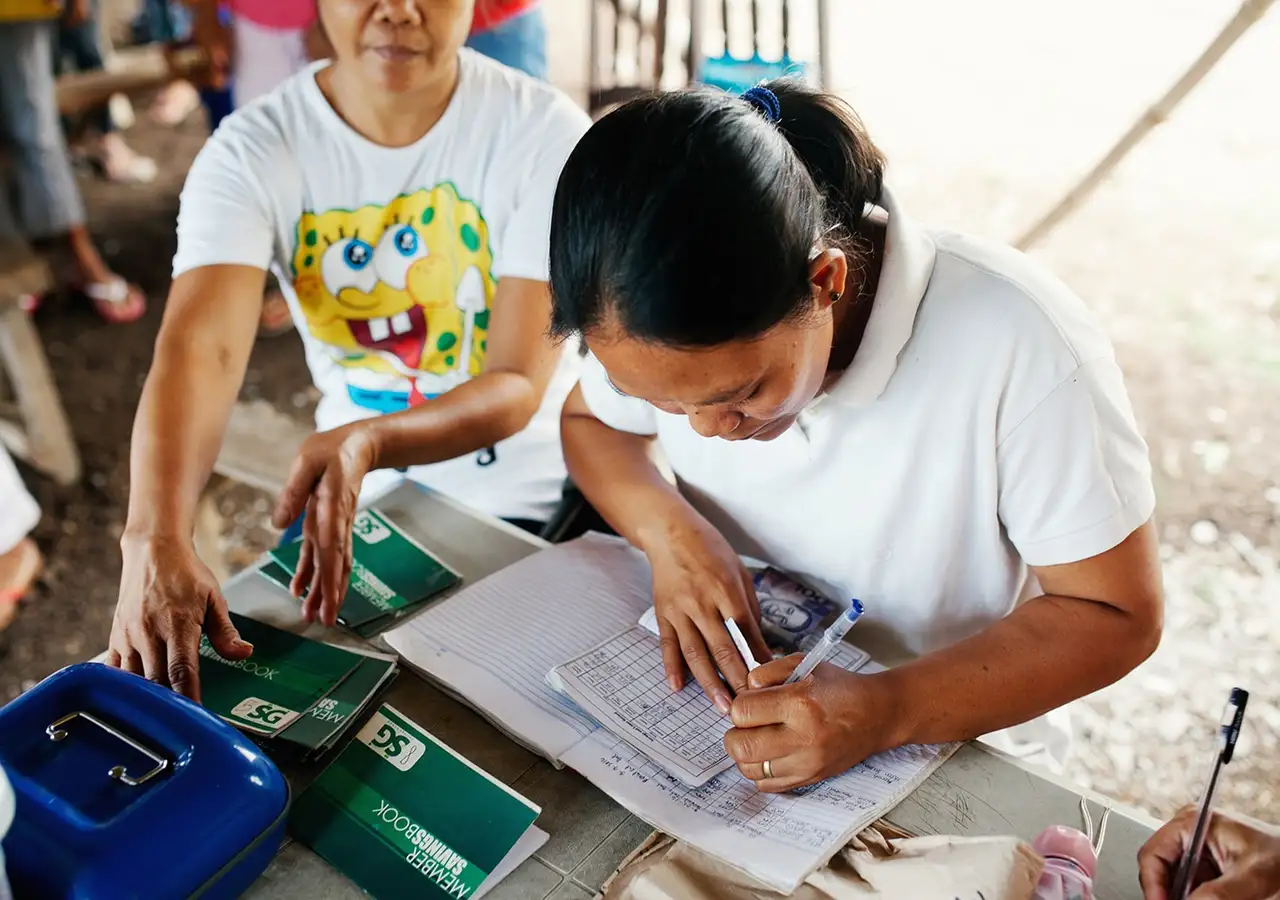
Our Investment
In May 2020, GIF provided ICM with a $5.5M scale grant to rigorously test variations of the Transform programme to identify the optimal mix of components which can deliver cost effect impacts. Working with Innovations for Poverty Action (IPA), ICM will test the impact of programmatic changes relating to, the size, timing and mode of delivery of small asset transfers, the programme duration, and the inclusion of new components focussed on health, education and values. ICMs large reach allows ICM and IPA to randomise these changes across different transform batches, and generate evidence of their impact on outcomes relating to income, consumption, health, and beliefs, among others. This research will inform future iterations of Transform to be delivered in the Philippines and through ICM’s expansion into Africa and Latin America .
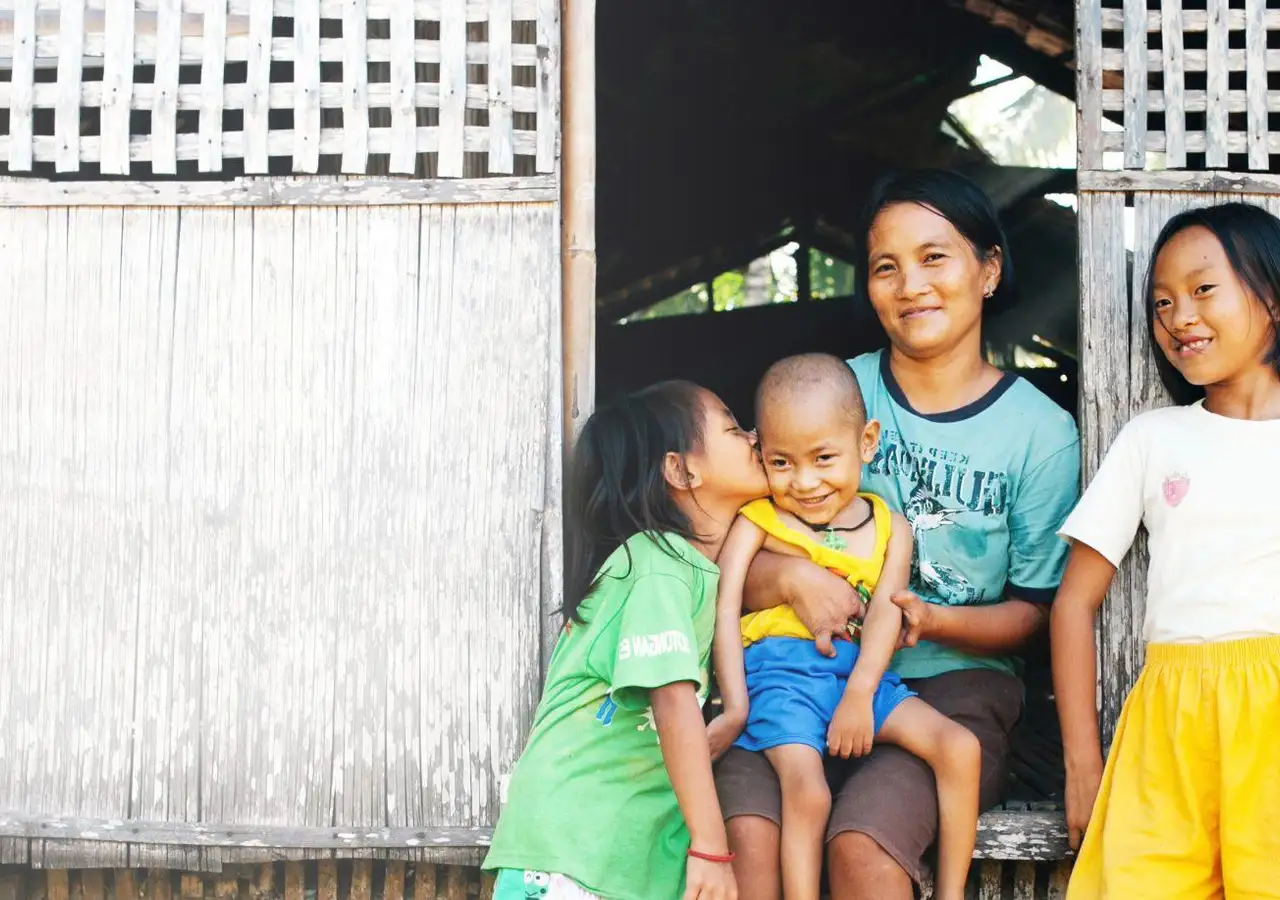
Progress to date
By the end of 2025 ICM had completed five randomised evaluations testing different iterations and adaptation to the Transform programme, with three more yet to be completed, all published on the ICM website. Compared to early evaluations of the Transform programme, the results show weaker impacts on income and consumption, in part attributable to COVID-19 restrictions which impaired economic activity. The programme, however, led to consistently positive impacts on saving behaviours. Other adaptations to the programme - including attendance incentives, extending the duration, adding cash grants and and incorporating video elements - were found not to be cost-effective in improving outcomes. Evaluations of transform components related to health and education, however, yielding large and significant boosts. This included treatments for TB and malnutrition, and a home based early childhood intervention which yielded learning gains in maths and phonics equivalent to two years of additional schooling per $100. In the Philippines alone, ICM has already graduated 2 million family members from Transform program and about 600,000 family members are still saving in an ICM savings group. ICM has also launched the Transform programme in Guatemala and Uganda as part of its strategy to test and promote the applicability of these approaches in a wider variety of developing country contexts and has published a toolkit of resources used on the Transform programme to allow others.
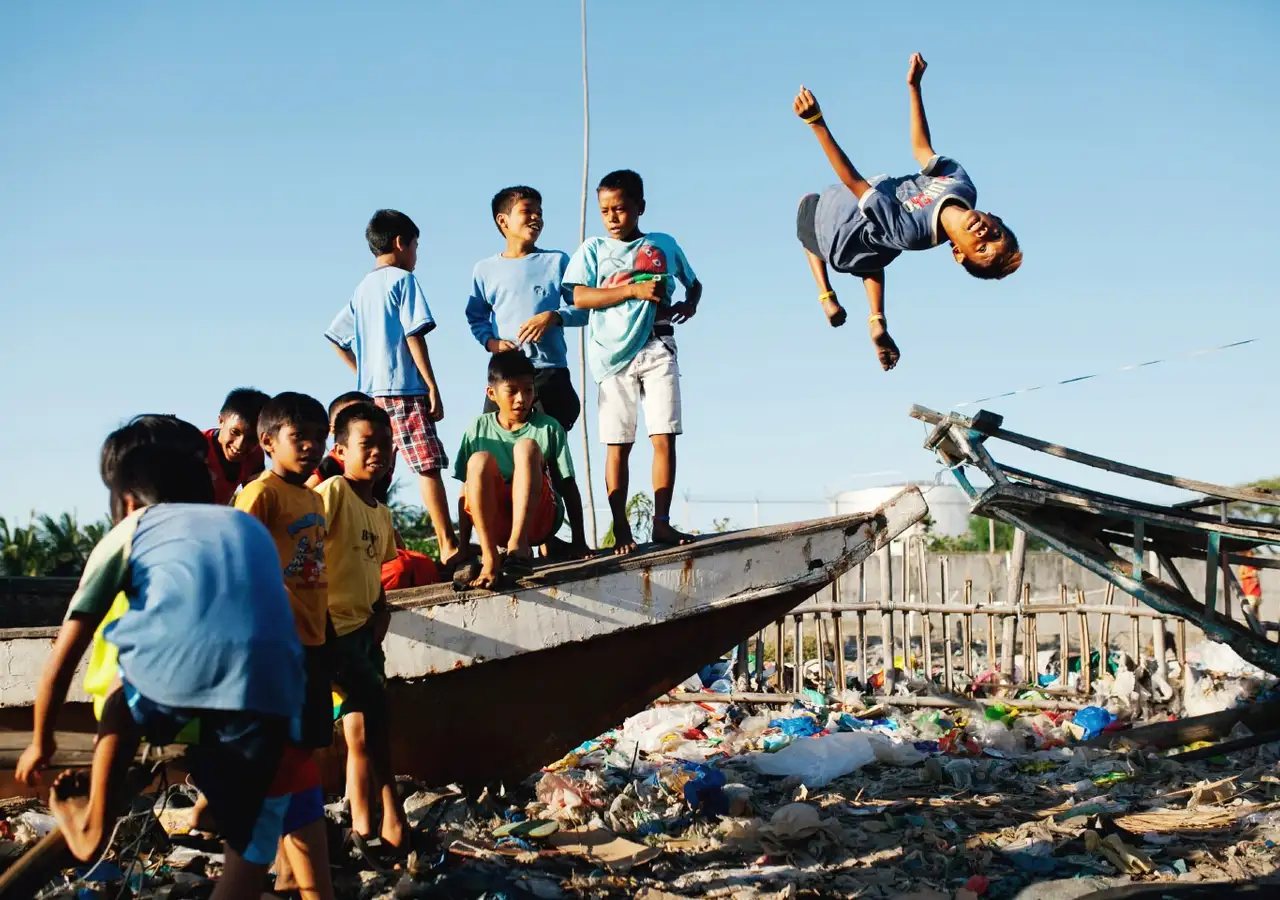
International Care Ministries in numbers
family members benefiting from ICM programmes in Philippines
the proportion of female Transform attendees
of high quality instruction equivalence from $100 investment in Family Academy